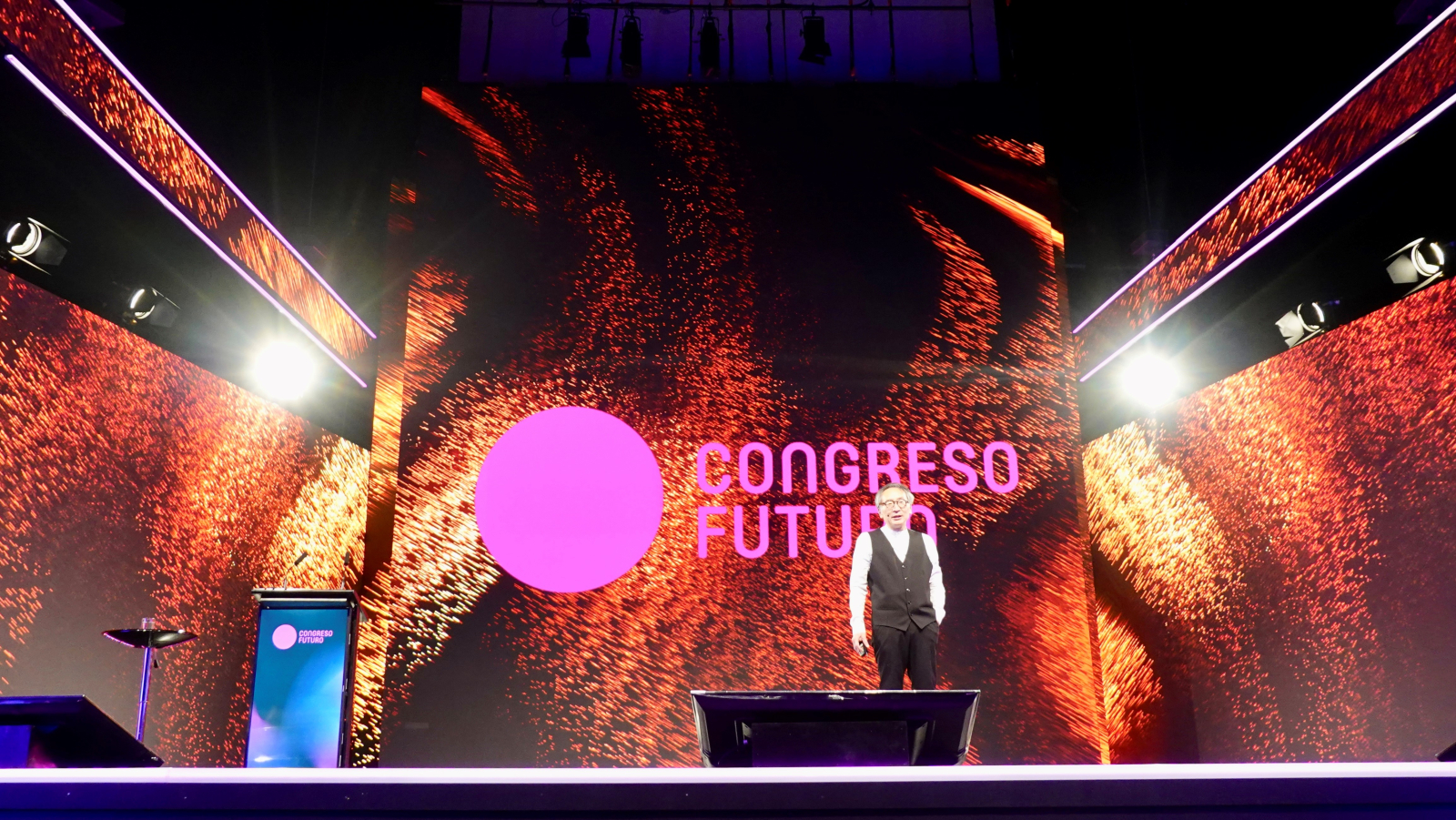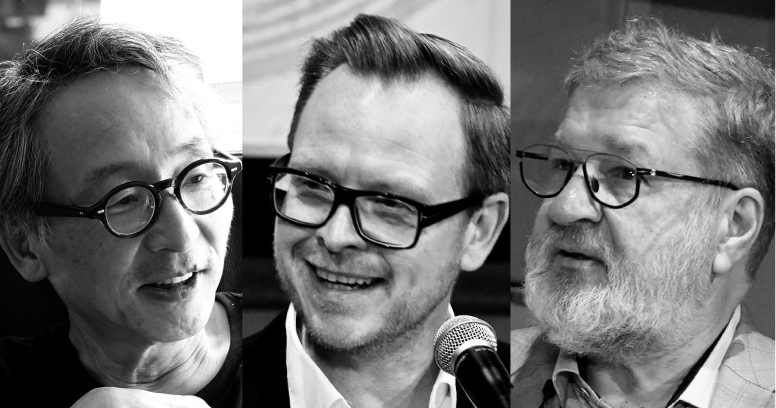Yasuo Deguchi and Markus Gabriel speak on AI ethics at Congreso Futuro in Chile

Professor Yasuo Deguchi of Kyoto University—who also serves as Co-Chair of the Kyoto Institute of Philosophy—and Professor Markus Gabriel of the University of Bonn, Germany, the institute’s Senior Global Advisor, visited Chile to attend Congreso Futuro 2025. The conference was held in Santiago from January 13 to 18. With AI evolving rapidly, interest in the question “What is a human being?” has been growing. In response, this year’s conference, which has traditionally been aimed at scientists, invited world-renowned philosophers for the first time. Both professors were featured as invited speakers, each delivering a solo lecture.
Details
Congreso Futuro was established in 2011 by Chile’s parliament in partnership with the academic community and other organizations. Its mission is to foster dialogue on major social, cultural, and political issues our society will be facing in the near future—such as climate change and global pandemics. Each year, experts, business leaders, and members of parliament gather for lectures and panel discussions. President Boric opened this year’s event at the parliamentary building, highlighting the government’s support. One of the main themes of the 2025 conference was AI. Acknowledging that philosophical perspectives are crucial to envisioning the future of humanity, organizers invited scholars from the humanities, including Professor Deguchi and Professor Gabriel. Director Kumiko Omori of the Kyoto Institute of Philosophy was also in attendance.
On January 14, the conference’s second day, Professor Deguchi delivered a 20-minute lecture entitled “Towards a Fellowship Model in AI Ethics: An Alternative Vision.” Stressing the need for guidelines in developing AI and robots, he proposed a “fellowship model,” in which humans, animals, natural objects, and artificial entities support one another on an equal footing. This contrasts with the “master/slave model” favored by some European scholars. Within Deguchi’s fellowship framework, AI is seen as a partner to humans. As a result, it is entirely permissible, for instance, for AI to teach humans “what morality is.”
“It had never occurred to me that philosophy could offer new concepts for today’s world,” commented one attendee. “Professor Deguchi’s talk was truly inspiring.” Professor Deguchi was also invited to a dinner hosted by President Boric.
On January 17, the conference’s fifth day, Professor Gabriel gave a lecture on the theme of AI and ethics. Professor Gabriel suggested that AI ethics should neither indulge in speculation about science-fiction scenarios nor attempt to address ethical challenges merely through regulation. Instead, he called for a more constructive approach—one that envisions building an “ethical AI,” an AI system that analyzes human value judgments and helps us discover unknown moral facts. He observed that intersectoral and transcultural investigation is essential to this end, emphasizing the significance of the Kyoto Institute of Philosophy’s efforts. “We are working with NTT and major Japanese media companies to overcome polarization within the platforms.”
Professor Gabriel also attended the “1st Philosophy Summit (Cumbre de Filosofía),” one of the special programs of the conference. He exchanged opinions on the relationship between science, technology, and humans with Professor Laurence Devillers, who specializes in AI, and Professor Yuk Hui, who specializes in the philosophy of technology.
Others



